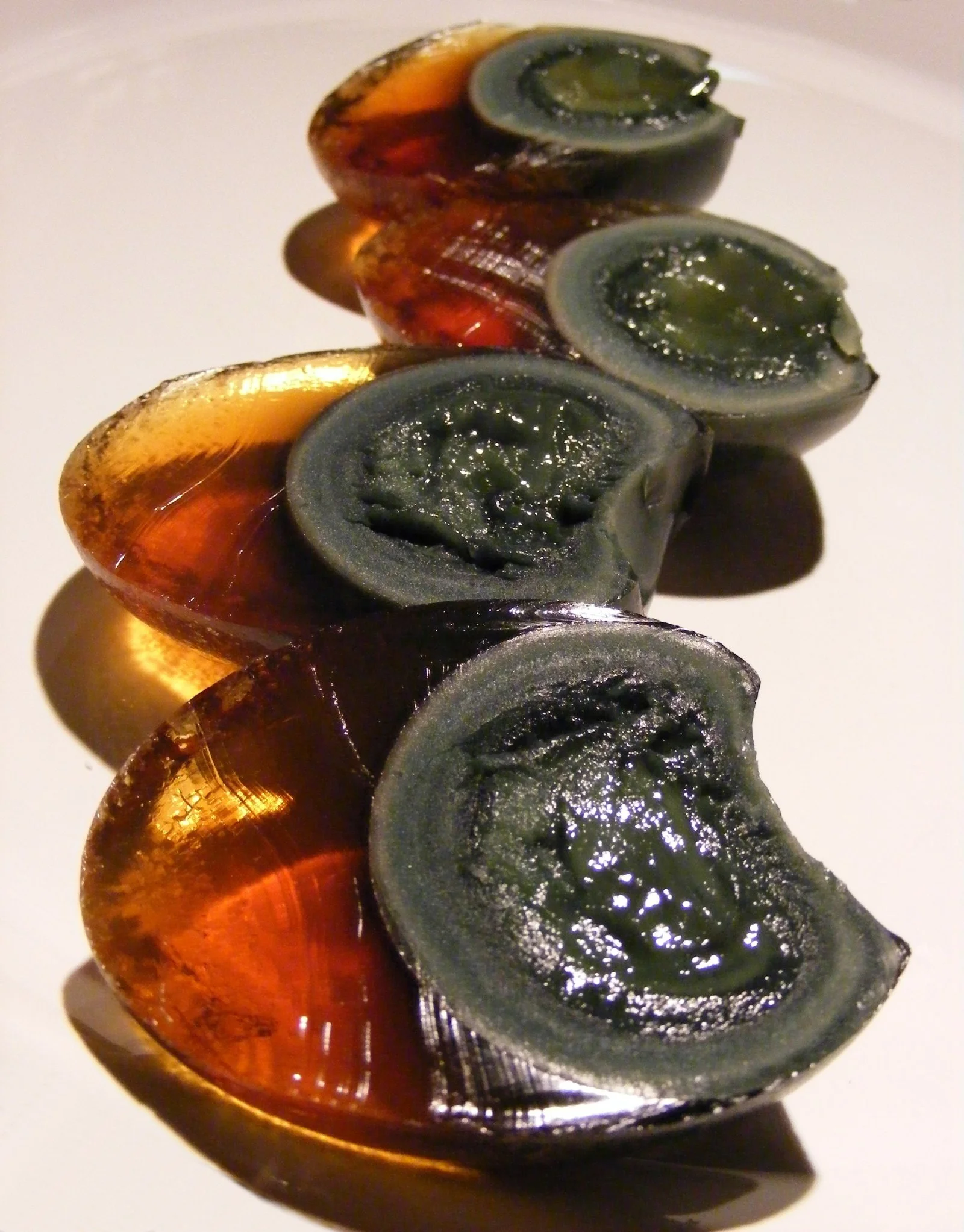Eggs, Easter, and Ancient Traditions
As it is Easter-time, we thought we would ask Lorraine O’Dwyer, expert forager, storyteller and Taste Wexford’s official tour guide to share some thoughts on Easter and why we celebrate eggs this time of the year.
Hello all, Lorraine from Gallivanting here, with a special blog post for Easter! I am permanently curious, I drove my mother insane asking questions, and I drive myself crazy these days questioning everything I do and see. But at Easter, as you paint eggs with the kids, or tuck into a big chunky chocolate egg, have you ever wondered how long we have been eating eggs? Or what does chocolate have to do with the resurrection of Jesus Christ? Or if you, like me, keep your own hens, what can I do with all these eggshells!
Read on and enjoy 5 questions about eggs, eggs-plained……. (sorry!)
1. Why is it called Easter and why do we eat eggs?
Easter sits at the start of Spring and many, if not all, ancient societies held a celebration of some sort at this time of year. While we here in Ireland celebrated the start of Spring in Imbolc, back in February. Easter was something we wholeheartedly took on. Wexford or Weisfyord was a Viking settlement, and it was, at this time of year, they celebrated the Spring festival of the Goddess Eostra. A Goddess of the Spring and the fertility she brings to the earth.
The Norse Myths tell us that to entertain some small children she magically transformed a small hen into a hare (another fertility symbol by the way!). The poor hare, no doubt very confused, hopped off into the bushes and began laying eggs! Much to the children’s added delight, the eggs came in all the colours of the Spring and they ran around gathering them up in baskets. Was this the first ever easter egg hunt?
2. Why are eggs considered sacred at this time of year?
Eggs have been held as sacred for many thousands of years. Inside that little shell is hope, the potential for life. A symbol of fertility even, it was the seed of the new year all wrapped up and ready to be presented to the world. In a practical sense, eggs contain high levels of calcium. This is an important nutrient for plants, especially vegetables and fruits. Eggs will leach the calcium into the soil for root uptake during composting. For our ancestors this meant their beans, peas, onions and grains will grow strong and healthy producing a better harvest later in the year.
In the Ukraine a tradition called Pysanky Eggs, that dates back to the middle ages involves dipping an egg in paints and decorating them with pictures of what you might like to manifest in the coming year. While here in Ireland and across England and Scotland there are accounts of Druids placing red painted eggs (to represent menstruation) in fields that were no longer producing a good yield. I hope that added calcium helped!
3. Good or Bad? Is eating eggs good for me?
Eggs are considered one of the most nutritious foods on the planet! We have been eating eggs since the dawn of humanity and its no wonder when you consider what’s inside.
Containing high-quality protein – most of which is found in the white, which also includes vitamin B2 and lower amounts of fat than the yolk. The protein in eggs helps to lower blood pressure, optimise bone health and increase muscle mass. Eggs are also rich sources of selenium – an antioxidant that is important for thyroid function and our immune system and mental health – along with vitamin D, B6, B12, zinc, and iron.
Having said that, there are some really strange recipes about. Ever heard of the “Century Egg”? A Chinese dish, it calls for a concoction made up of strong black tea, lime, salt, and freshly burned wood ashes, boiled and left to cool overnight. The next day, duck, quail or chicken eggs are added to the mixture, and they soak anywhere from seven weeks to five months. The egg is then peeled and served. Delicious!
4. What else can I do with eggs?
Eggs have also been found to be very beneficial to our skin. Egg white face masks are said to tighten the skin, reducing lines absorbing excess oils. Egg white face masks have been used for centuries, it was even used during the Elizabethan Era to help get that alabaster-white complexion. It is a pity they didn’t just leave at that. It was the mercury and lead powder added on top that caused all the problems with their skin!
The ancient Romans used the shells in their beauty regimes. Ground down eggshells are an easy, natural, and completely compostable exfoliant. So good is its reputation as an exfoliant, it was said that in ancient Rome, eggshells were almost worth more than the actual egg inside!
Though Romans also thought eggs were lucky and wealthier members of society had a layer of eggshells added underneath their flooring so that could have driven the price up!
5. When did we start eating eggs?
Historians and Archaeologists tell us that we began domesticating and raising hens as early as 3200BC somewhere around India. In ancient Egypt around 1200BC, they began to use sun-warmed caves to incubate eggs, around the same time they invented scrambled eggs! It took someone in ancient Persia, around 300BC to create the omelette. While Baked Custard took a little longer, first created in Ancient Greece around 25BC. Devilled Eggs did not arrive until the chefs along the Andalusia coastline created them in the 13th Century.
Though it is said it is we here in Ireland that are responsible for the perfect breakfast pairing that is eggs and bacon! The story goes that an old peasant woman was asked to cook some bacon for a group of travelling monks. As it sizzled away on the open pan, a hen who had perched on the cross beams high above produced an egg. It of course fell to the ground, hitting the pan, spilling its contents into the sizzling bacon fat.
She not knowing what to do, served the lot together. This new dish obviously went down very well, and as these Holy men passed on, spreading the word of God, they also spread the word of a great and hearty meal!
So there you go! I haven’t even touched on how we used eggs to build and decorate our homes, How we used them as medieval fast food or even as weapons! If you know some strange and unusual egg facts, please let me know, I’m always hungry for more!
Happy Easter!
Lorraine, Gallivanting.ie





